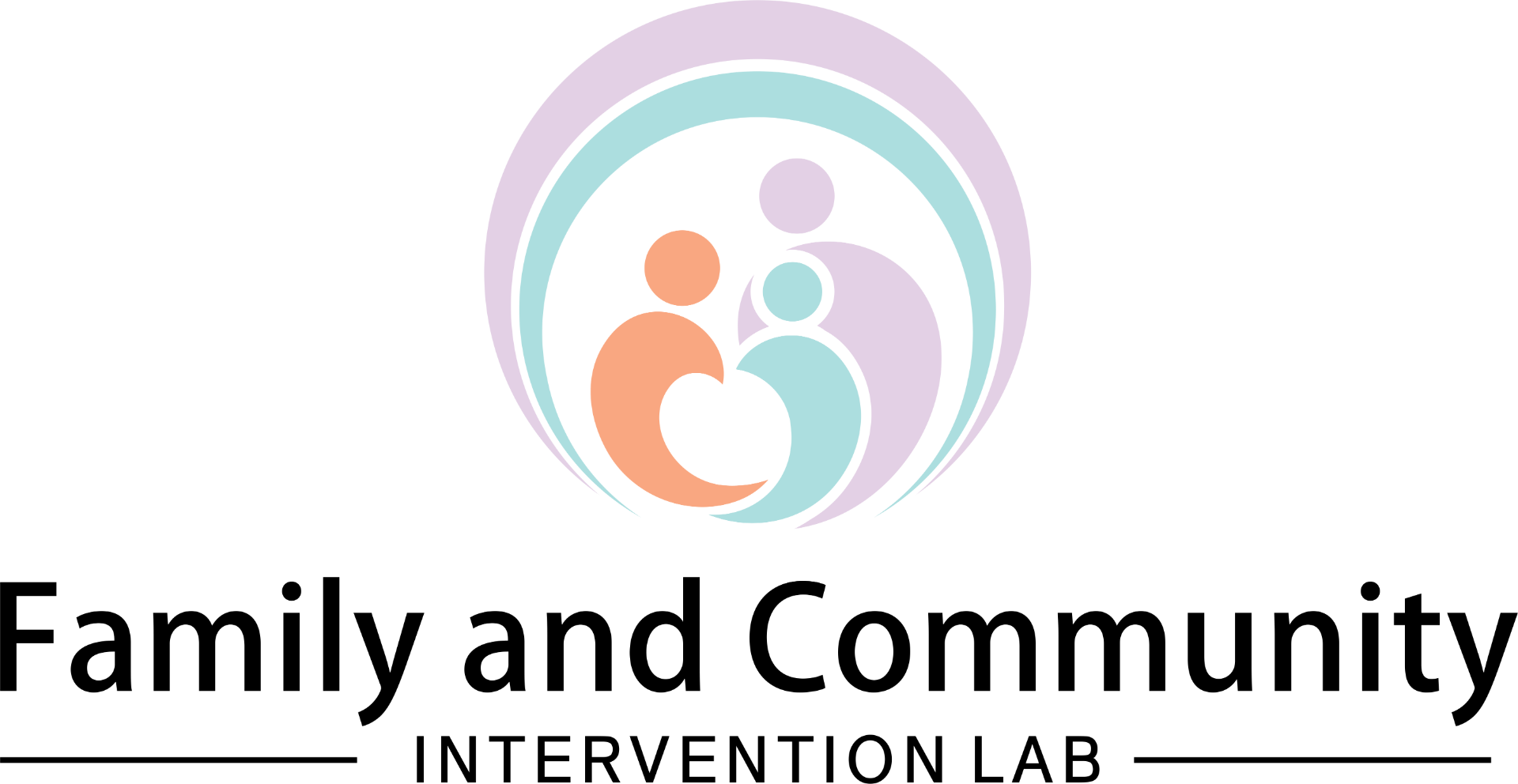CURRENT PROJECTS
IMPLEMENTING EVIDENCE-BASED BEHAVIORAL SKILLS IN PEDIATRIC ORAL HEALTHCARE PROVIDERS
The University of Arkansas’s FCI Lab is collaborating with investigators from the University of Arkansas for Medical Sciences, the University of Florida, the University of North Carolina, and West Virginia University for a 7-year (2022-2029) NIH NIDCR UG3/UH3 grant to train dental providers in evidence-based behavioral strategies to increase child comfort and compliance during dental visits.
We are recruiting dental providers from Northwest Arkansas and the surrounding areas. Dental providers can earn continuing education credits as well as compensation for study participation. If you are a dental provider in a practice who might be interested or if you have questions, please reach out to our project coordinator, Tayla Tallman: tsimpso1@hsc.wvu.edu
EAGLES AUTISM FOUNDATION
We are training Black and Latino/a mental health providers who don’t have a prior background in autism services to deliver an evidence-based treatment (Parent-Child Interaction Therapy) for young children with autism. We collaborated and created with a network of providers in Philadelphia to connect Black and Latino/a professionals (e.g., primary care physicians, occupational therapists) to one another and help reduce any stigma or bias that Black and Latino/a families of children on the autism spectrum may face when seeking a diagnosis or services.
PCIT TODDLERS
Collaboration analyzing the implementation of PCIT with toddlers across the country with approximately 200 U.S. clinicians and 36 clinicians in Japan trained in PCIT. Data includes information on developmental outcomes, socio-emotional factors, PRIDE skills, CARE skills, and more.
FILIPINO AMERICAN PERCEPTIONS AND BELIEFS OF ASD
Emily-Anne, one of our lab’s graduate students is exploring Filipino American perceptions and beliefs of autism spectrum disorder and their treatment-seeking behaviors for her master’s thesis project. Data will include quantitative and qualitative components.
EMERGENCY SERVICE USE AMONG AUTISTIC YOUTH
Rebecca (graduate student) is examining factors relating to emergency service use (e.g., police, first-responders, emergency room) among autistic youth, including family experiences with and perspectives of emergency services using a mixed-method approach for her master’s thesis project.
SERVICE EXPERIENCES BLACK PARENTS OF AUTISTIC YOUTH
Harlee (graduate student) investigated the impact logistical (e.g., treatment cost, distance) and racial barriers (e.g., racial microaggressions, stigma) experienced by Black families of autistic youth have on parental stress, treatment effectiveness and satisfaction using a mixed-methods approach for her master’s thesis project.
TREATING ANXIETY FOR AUTISTIC YOUTH AND FAMILIES
Graduate students in the FCI lab are leading an evidence-based intervention this fall in the Psychological Clinic at the U of A. The Facing Your Fears program is a 14-week long group therapy for autistic children with anxiety and their caregivers. This group focuses on helping youth and caregivers identify anxiety, worry, and fear and develop coping strategies to manage symptoms to face fears! Children and caregivers get to practice new strategies with the guidance and support of group leaders and other families.
PARENT SUPPORT GROUP FOR BLACK PARENTS OF AUTISTIC YOUTH
Harlee (graduate student) is leading a 6-week support group for Black parents of autistic youth to create a space for collective healing, peer support, and learn new skills and resources to support their autistic child, increase parental empowerment, and decrease parental stress.
RANDOMIZED CONTROL TRIAL -ADAPTATION OF PCIT AND RUBI WITH PARENT GROUPS
Julia and Emily (graduate students) are leading an adaptation of PCIT and RUBI with parent groups. The adaptation will consist of a weekly parent group, where parents will have space to share their experiences with PCIT and RUBI with each other and get advice and support from other parents. Each week, the parent support group will focus on one of the several main skills taught in PCIT and RUBI and schedule a time each week with the researchers to participate in a live coaching session during their “special time” with the child. The study will have several measures assessed pre- and post-treatment to determine the effectiveness of the treatment compared to those not receiving treatment.
